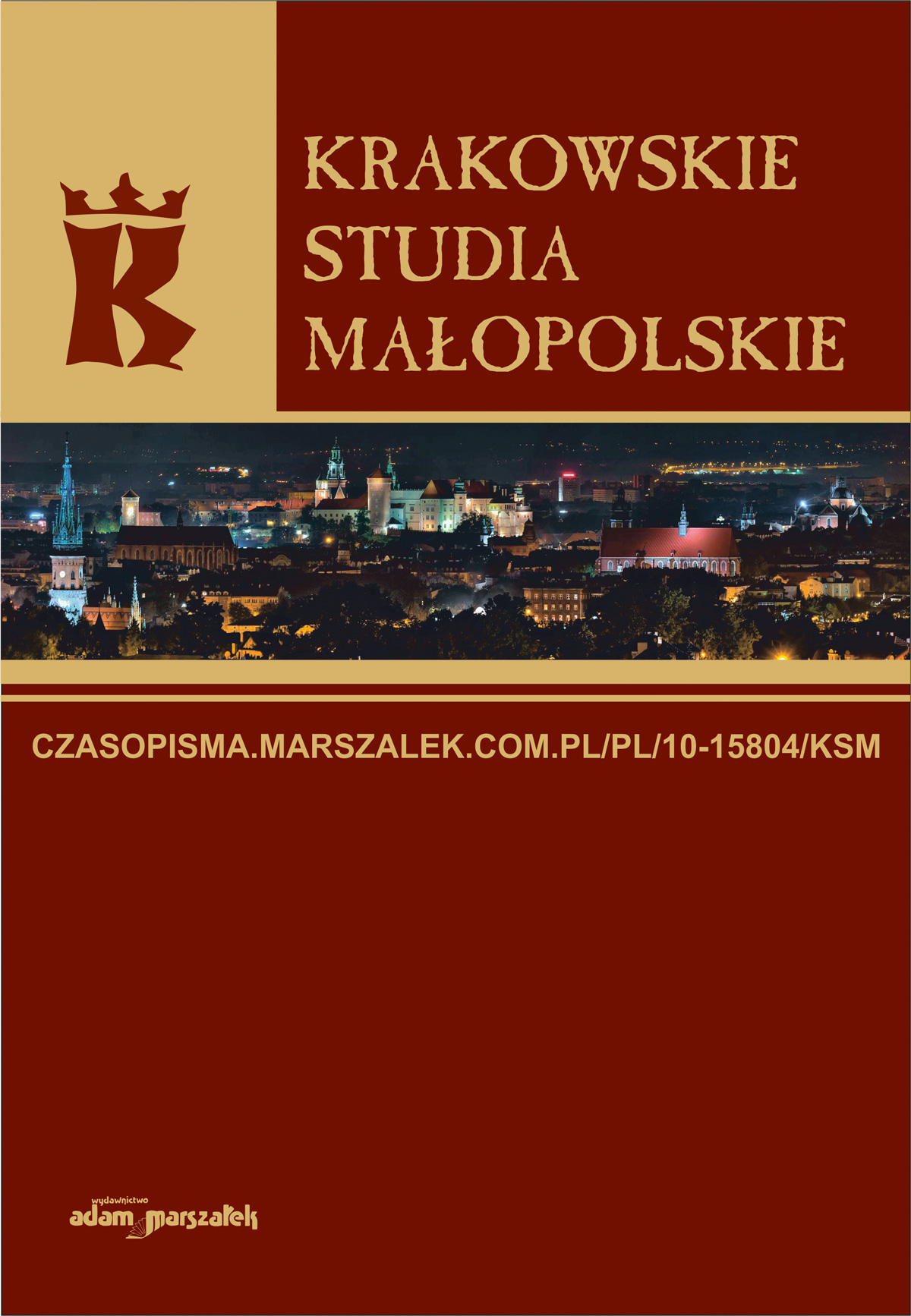Wspomnienia polskiej uczennicy zesłanej w okresie
powojennym na Syberię w perspektywie dokumentów
Memories of a Polish school girl exiled to Siberia in the post-war period in the perspective of documents
Author(s): Szymon Kozieja, Justyna KoziołSubject(s): Oral history, WW II and following years (1940 - 1949), Migration Studies, Ethnic Minorities Studies
Published by: Wydawnictwo Adam Marszałek
Keywords: Siberia; oral history; education; forced settlements;
Summary/Abstract: Background: The article aims to present the fate of children sent with their families to the Soviet Union in the post-war years, preserved in the memory and private collections of Janina Góral (de domo Nesterowicz). The interview touches on such topics as Soviet crimes, conditions in Siberia, the denationalization of Polish children, the struggle against religion, rape – including an example of a mass rape whose victims and perpetrator are still alive – and attempts to cope with inhuman realities. The collected materials also describe the reality of Soviet school, daily and family life of exiled Poles in Siberia. Objectives: Initially, the recording of Janina Góral’s testimony by a team of volunteers from the group Niezapomniani – Inicjatywa Brzeskiej Młodzieży Patriotycznej within the framework of the Kotwica Pokoleń project was aimed at popularizing the history of Brzeg witnesses to history. With the deepening of the research, it became a priority to compile the collected materials into one coherent narrative, which will help answer the question about the course of the deportation of the person reporting and the brutal reality she faced at that time in school and beyond. Methods: The main tool used in the research is oral history, recorded as part of the Kotwica Pokoleń project. The primary source critique was done on the basis of sources, from the private collections of the person who gave his account. These included school certificates, personnel files, schoolgirl characteristics, and documents related to the repatriation, delivery duty and work of Michal Nesterowicz, Janina’s father. Criticism was also extended to Russian and Polish literature related to the issue under study. Results: With the help of the research, the exact history of Janina Góral’s education from grades 4 to 9 was determined, the overwhelming majority of which took place in Siberia near the town of Zima. In addition to determining the living conditions and the course of the deportation, attention was paid to the various forms of oppression and dangers faced by Polish children. Conclusions: The research showed the inconsistency of Janina Góral’s account with the documentation. They also revealed the communist school system in Siberia in light of the experiences of the Polish schoolgirl, and expanded knowledge of life in forced settlements in the Soviet Union in the Irkutsk region. In addition, they revealed the crime of gang rape that occurred against two exiled Polish women and a Ukrainian woman. They also demonstrated the value of combining research conducted by the oral history method with private collections. In addition, they draw attention to the trauma that war and captivity leave in a person.
Journal: Krakowskie Studia Małopolskie
- Issue Year: 2/2023
- Issue No: 38
- Page Range: 111-131
- Page Count: 21
- Language: Polish

